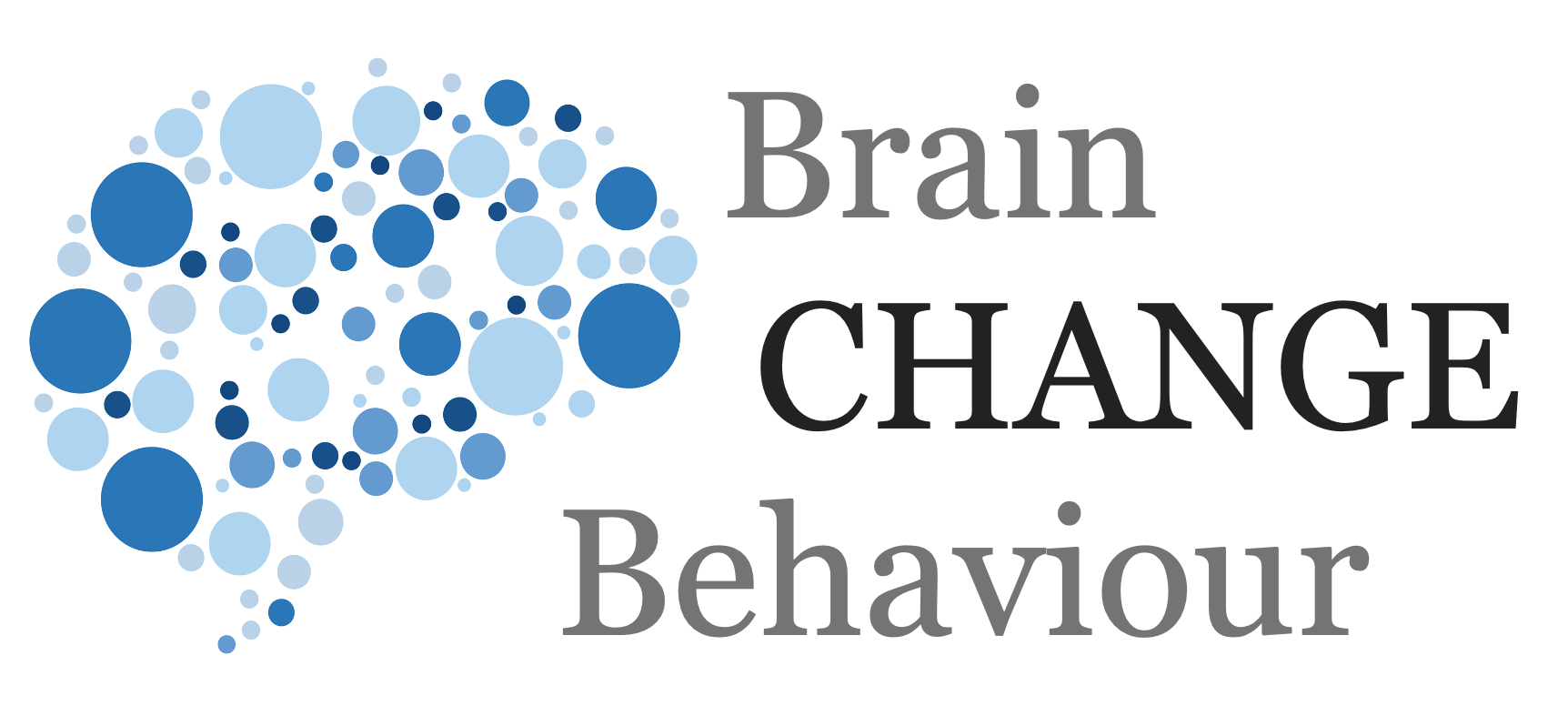
A false positive has become better-known to the general public during the pandemic and with COVID-19 testing particularly with home based quick tests. We know these are 90-95% accurate but this means that in 5-10 times per 100 they will record a false positive, a positive result when there is none. This can be checked with a further more accurate test. The more worrying one, in the case of the COVID-19 testing, is the false negative. Worrying because someone could then feel safe and infect someone else.
But back to change or corporate initiatives. We probably all know the process. Someone has a cool idea and manages to get a leader, or more, on board. Everybody says, “let’s run a trial/pilot” the trial works well and we trot along to senior leadership saying we have a great idea, the trial went really well, and this will have a positive impact: more engagement, or save money, or earn more money. Senior leadership is impressed – you have done your background work, the trial is good, the budget is therefore approved and off you go…to unspectacular results.
One reason is that one single trial could have been a fluke (the other reasons are listed here). One single trial with a few people is not enough. This is well known in statistics – the smaller the population the more unreliable the data. In psychology we would look to a minimum of 100 participants but that is bare minimum, preferably 1000 participants. In the corporate world that may be unrealistic with time and resource restrictions, but the general advice is run three independent trials.
If you run three independent trails you will have a much better grasp on what is happening and whether your idea can be successful. You may also be able to identify further with who and in what context it could be successful, which are the representativeness problems. Alternately you can run a trial which can then be expanded to a larger scale pilot, to an even larger scale feasibility exercise.
However, the advantage of three (or more) trials is it gets a better grip on false positives but also gets a grip on false negatives which are lost opportunities.
The Simple Takeaway
-
- Aim to run multiple independent trials
- Trial / pilot on large groups
© leading brains 2022
References
More articles on limitations to behavioural change
Deadlines Increase Procrastination
What! I’d get nothing done without deadlines!
Ditto, though I can be very productive, I have a natural tendency to procrastinate. In fact it is one of my natural talents!
To Change, Start Right Away
Sorry, stupid question right off the cuff. Change what?
Well, in this recent study they were looking at changing health behaviours.
Nudges Work In Changing People’s Behaviour
So what do you mean by “nudges”?
Richard Thaler is considered is one of the founding fathers of nudge theory in the behavioural sciences proposing nudges as the best method to modify people’s behaviour. Made popular by his book Nudge in 2008.
Followers Make Group Decisions a Lot Worse, or a Lot Better
First off, why is group decision-making important?
Well, a lot (just about all, if you think about it) of the biggest decisions in society and in business are made by groups: executive committees, governments, even the population in referendums.
The Right Rewards Boost Creativity in Business
So who doesn’t want to have creative ideas in their business.
The problem is getting employees to be creative while doing their day job as well. We also know that just asking or demanding creativity can diminish creativity and innovation!
Changing Your Personality — Even If You Don’t Want To!
Are you telling me that our personality can change even if we have no motivation to do so?
In a nutshell, yes. But it depends on which personality trait!
Exercise is Infectious
This is an older study (2017) I came across and found fascinating. As many of you regular readers will know I have reported many times on the benefits of exercise.
Why our Brains Miss Opportunities for Innovation
When we think of innovation we think of creating something new. A new study shows that, however, we, by default, try to add something whereby subtracting something could make something better.
Brain Region for Changing Behaviour Identified
The saying goes “Insanity is doing the same thing over and over again and expecting different results.” This obviously refers to doing the same thing over and over and continually getting a bad result
From Couch to Ultra Marathon with Mental Imagery
On first glance I thought the above headline was fascinating. I am a sports person, look into the neuroscience of motivation, and have been in the “motivational” space for nigh on two decades.










